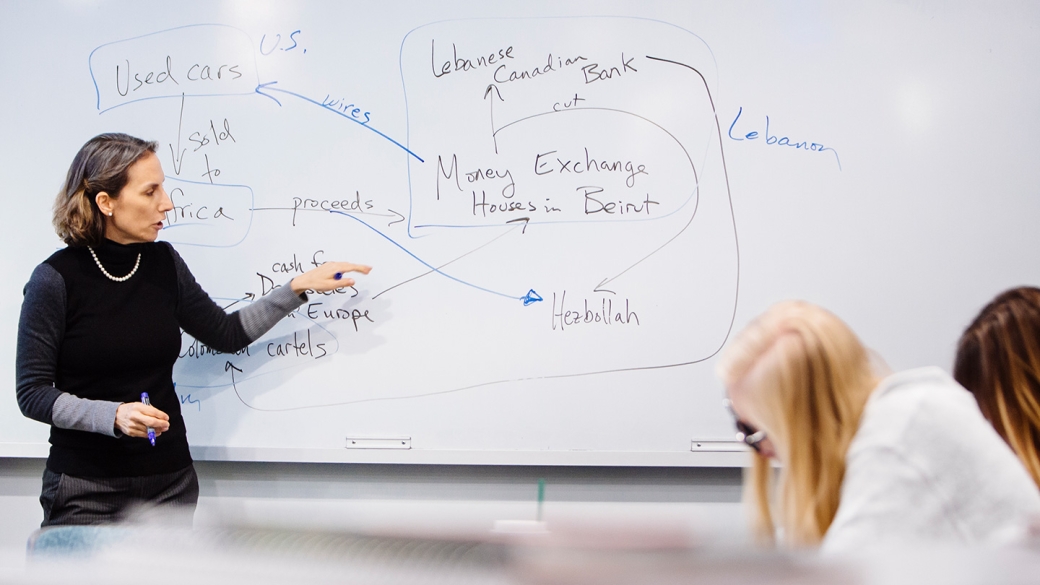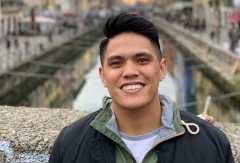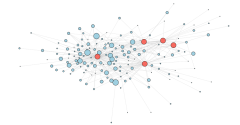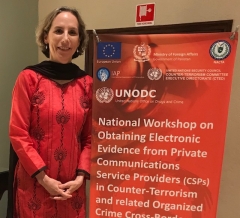How I Got Hired: Platform Policy Enforcement Investigator, Facebook
| by Mark Leon-Guerrero MANPTS '19
From language studies and the financial crime management specialization to career advisors helping me with salary negotiation, the entire Middlebury Institute experience helped me hit the ground running in the exact career field I was looking for.




